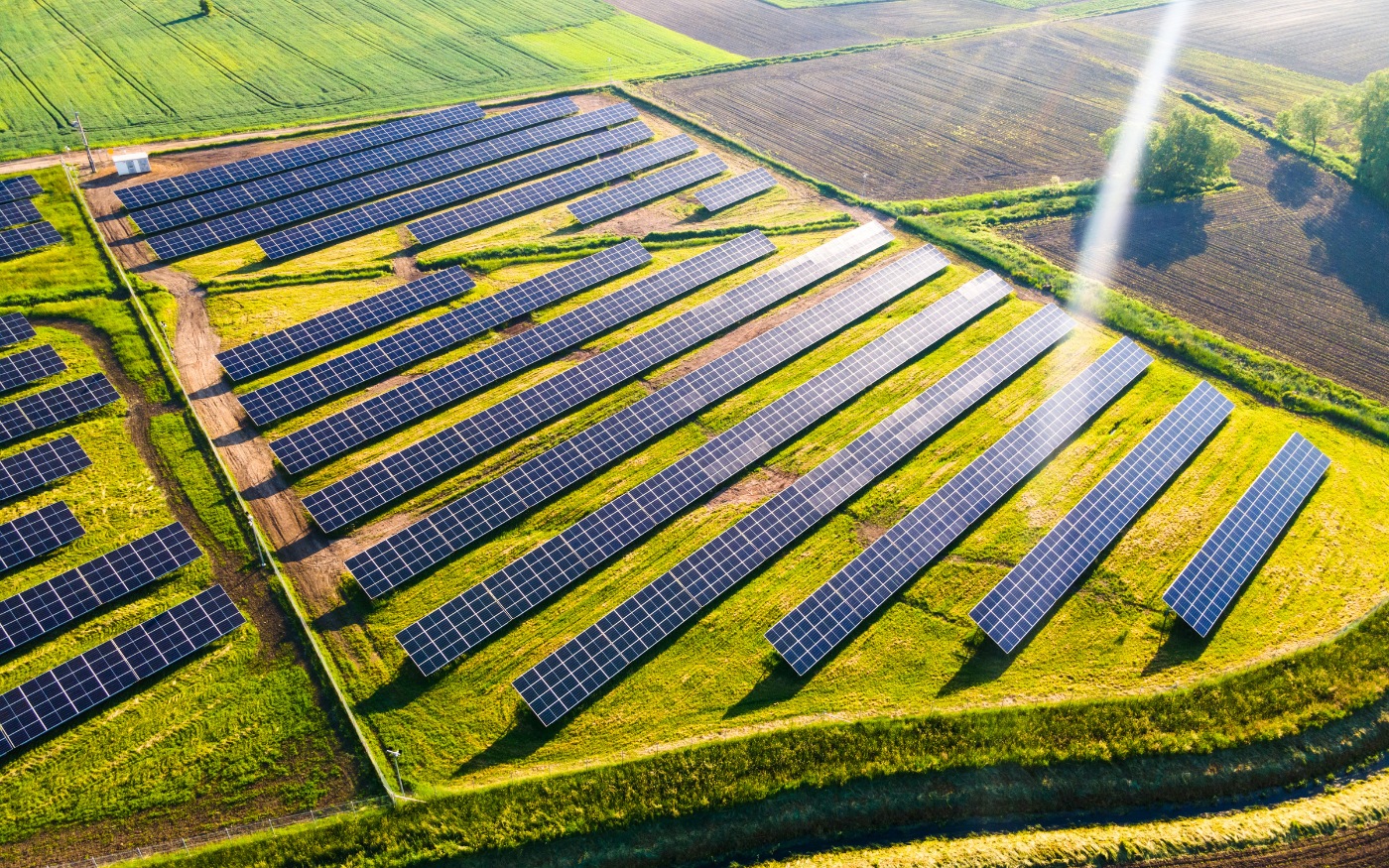Specialist Corporate and Commercial Lawyers
Solar energy is one of the most abundant energy resources on earth. With Australia, and majority of the world, looking for alternative energy solutions, solar farms are becoming an attractive opportunity for solar farm developers. As of March 2025, New South Wales has 24 major large-scale solar farms with a total capacity of over 1900 MW.
The construction of a solar farm is, in our experience, often undertaken by a developer on a parcel of land owned by an unrelated third party. The developer approaches the landowner with a view to leasing the land (or part thereof) for use as a solar farm.
To secure a lease of the land, the developer will usually propose an option or an agreement for lease. An option agreement gives the developer (or its nominee) a right, but not the obligation, to enter into a lease over an identified parcel of the land at a predetermined rent for a predetermined time (the details of which are contained in the lease). The lease itself is annexed to the option agreement.
During the option period, the developer will undertake its necessary due diligence to liaise with stakeholders, understand feasibility of the solar farm and obtain all necessary approvals (such as consent from the local Council, the relevant Regional Planning Panel or the NSW Department of Planning, Industry and Environment). The landowner, during this period, is precluded from leasing the land to anyone other than the developer.
The option deed will generally include:
- the way in which the option is to be exercised;
- whether the developer can assign its rights to a nominee;
- any additional rights the developer has during the option period, such as entering into the land to undertake investigations, lodging applications for consent etc.;
- payment of an option fee;
- obligations on the landowner, such as not granting any further solar rights in relation to the land; and
- any other agreement between the parties.
The developer will pay the landowner an option fee, in consideration of the landowner granting the option to lease to the developer. In the event the developer does not exercise its option to lease, the option fee is retained by the landowner.
On exercise of the option by the developer, the lease comes into effect.
It is imperative that legal advice be sought when a landowner is first approached with a proposal for part of their land to be used as a solar farm. The option agreement and the lease are negotiated at the same time. Apart from identified clauses, the lease will not be renegotiated at the time the option is exercised by the developer. The lease proposed will generally be a long-term lease, such as 20 years with two further options of 20 years each (effectively, a 60-year lease). Special consideration needs to be given as to how the terms of the lease will apply into the future and how these terms affect the ongoing use of the land by the landowner.
For a landowner, important considerations include:
- the option fee and rent under the lease;
- timing of payments;
- ability to allow grazing of livestock simultaneously with the solar farm;
- maintenance and repair of access roads;
- any acquisition of the land (or part thereof) by TransGrid or a similar authority for a substation or transmission lines; and
- make-good when the solar farm has reached the end of its life and the equipment is removed.
For the developer, important considerations include:
- adequate access to the land to undertake due diligence;
- site conditions;
- conditions precedent for necessary approvals;
- whether an option for purchase or easement is required;
- approvals and costs for any deemed subdivision of land; and
- assignment or nomination provisions.
A solar farm lease is a long-term commitment. It has plenty of identifiable benefits for both landowner and developer but can be fraught with risk if appropriate advice is not sought by either party. We preach it – but due diligence and preparation are keys to success.
Please contact us if you require advice on matters covered by this article.
This article is not legal advice. It is intended to provide commentary and general information only. Access to this article does not entitle you to rely on it as legal advice. You should obtain formal legal advice specific to your own situation.
